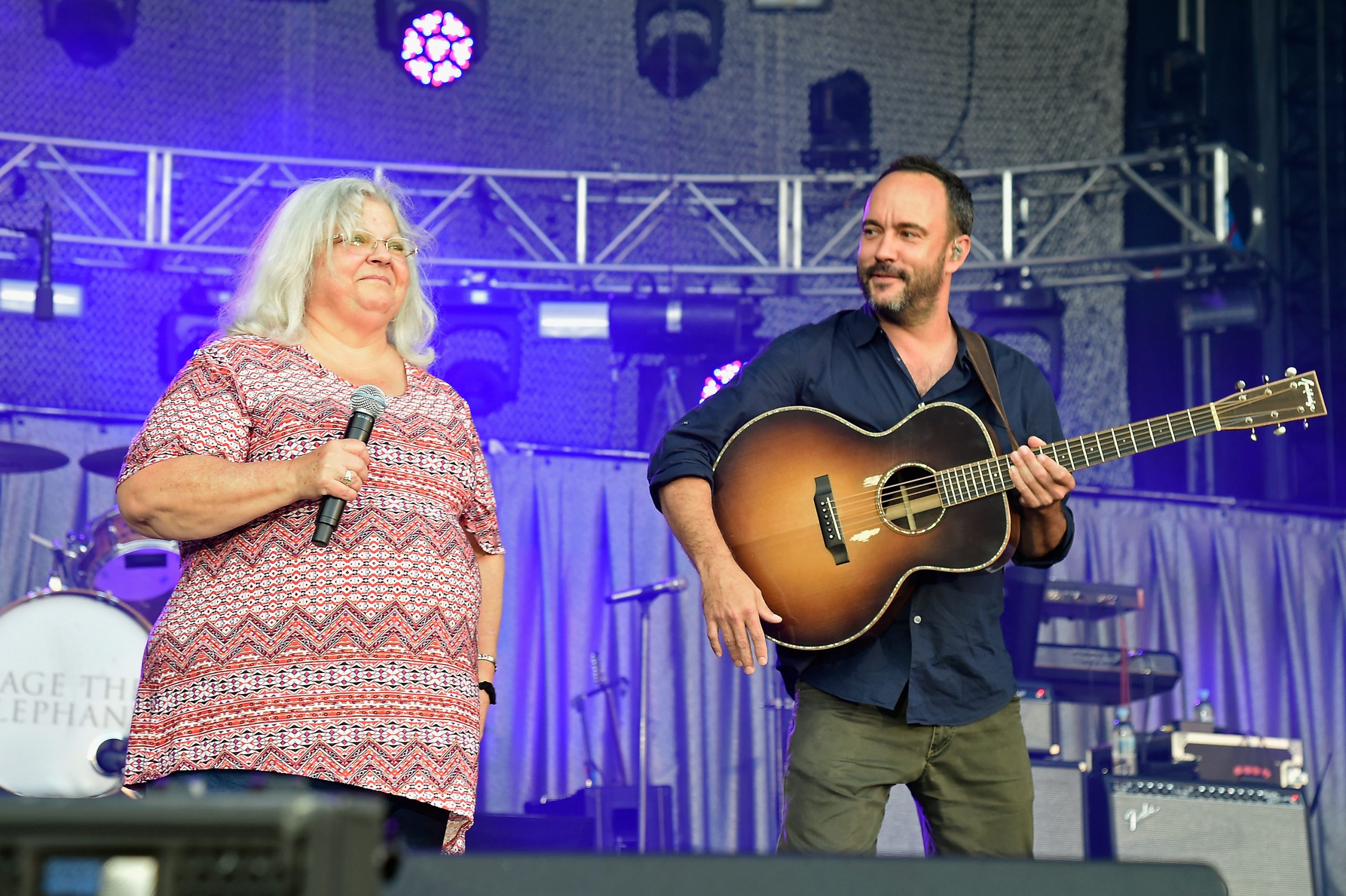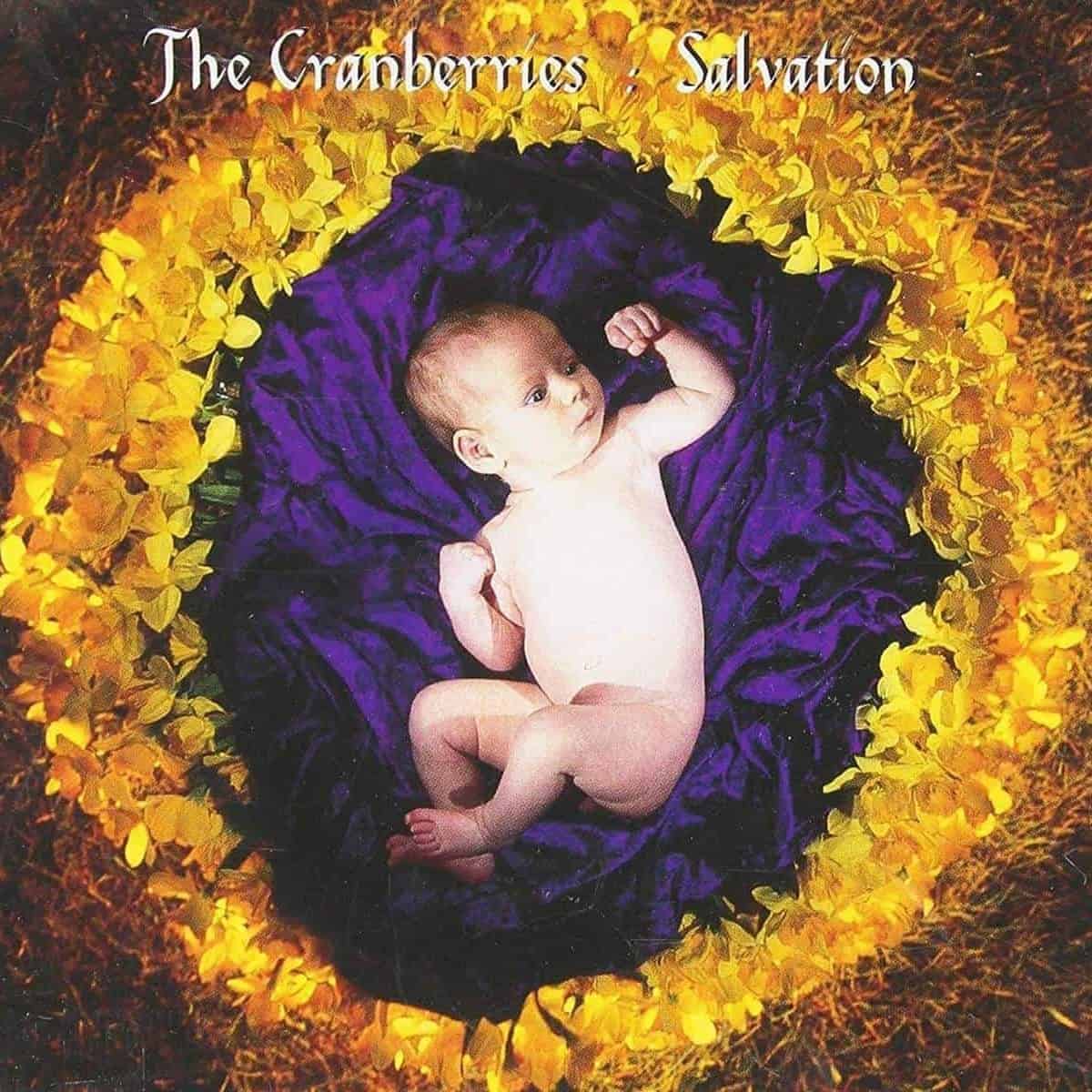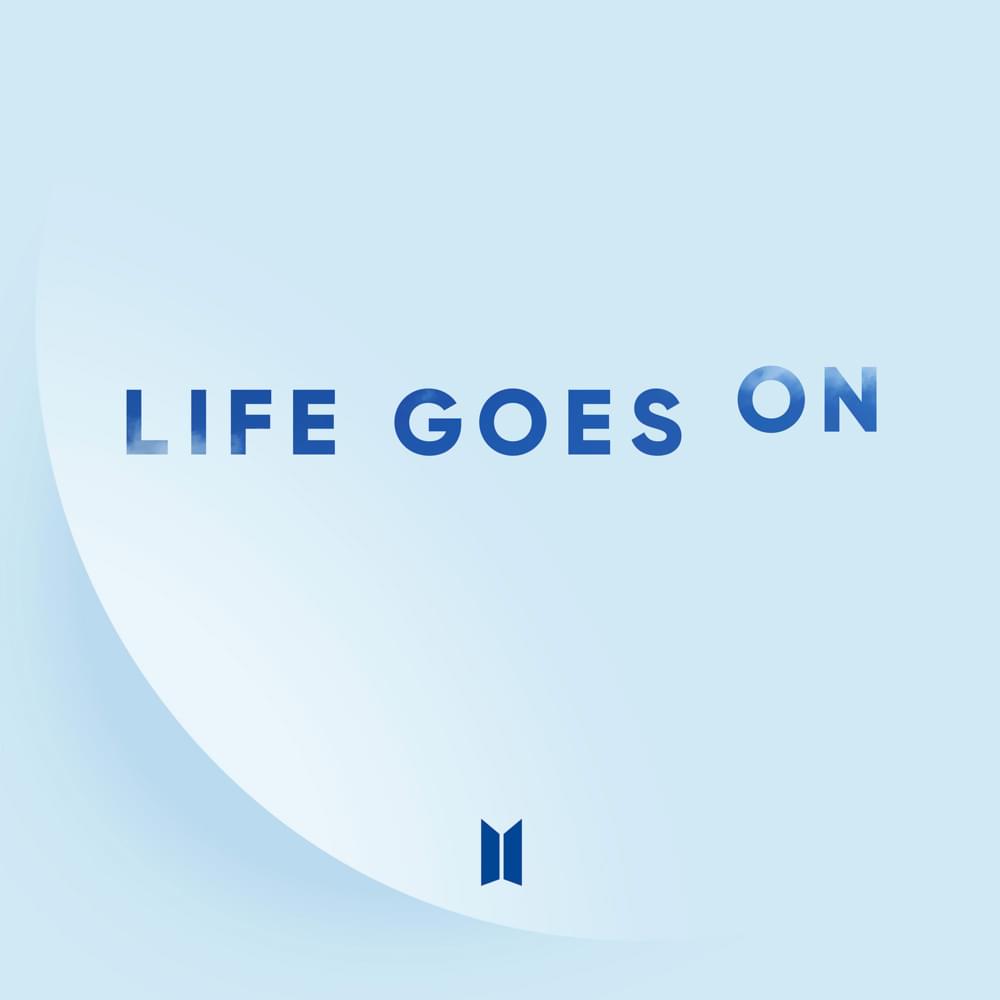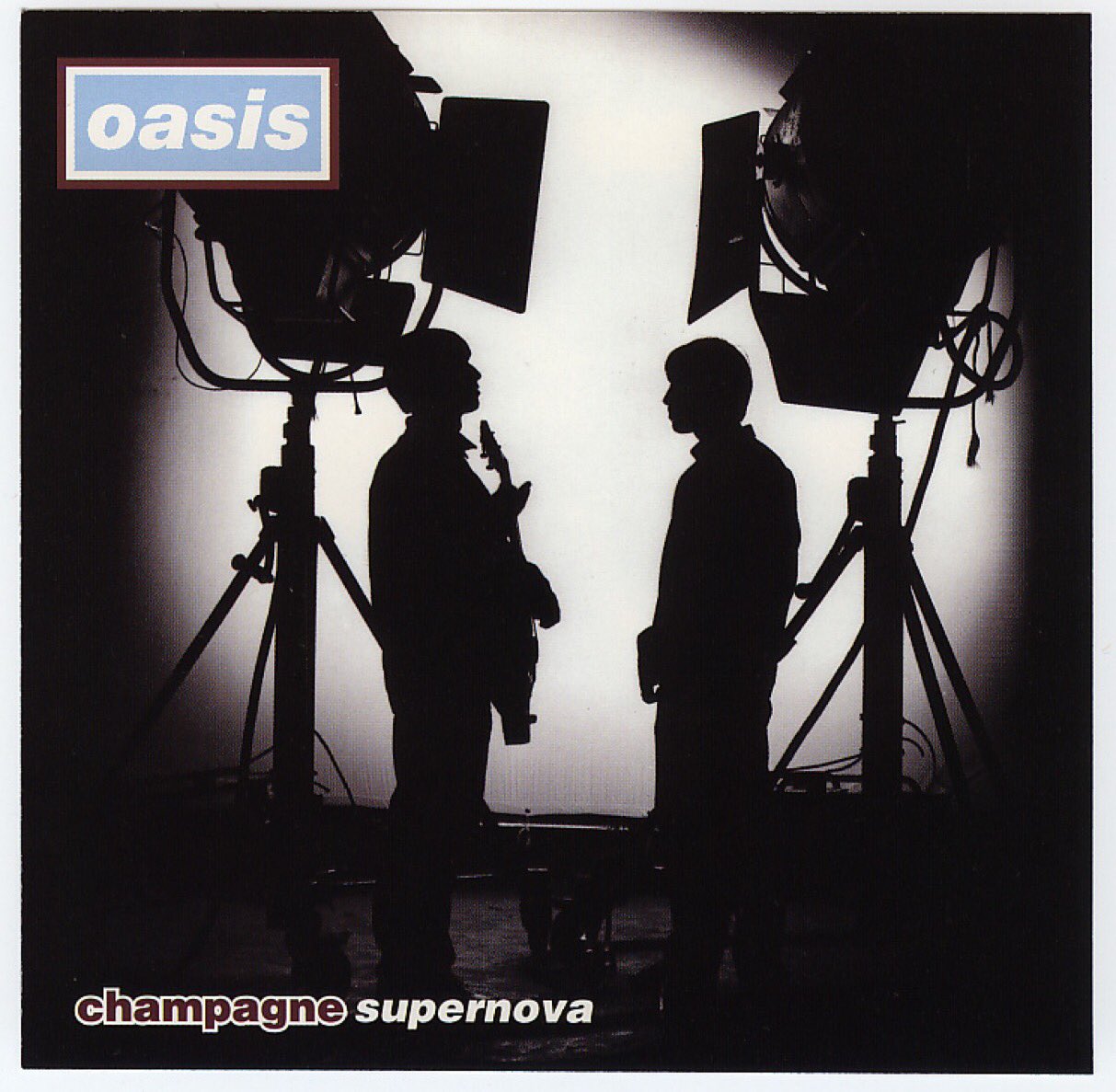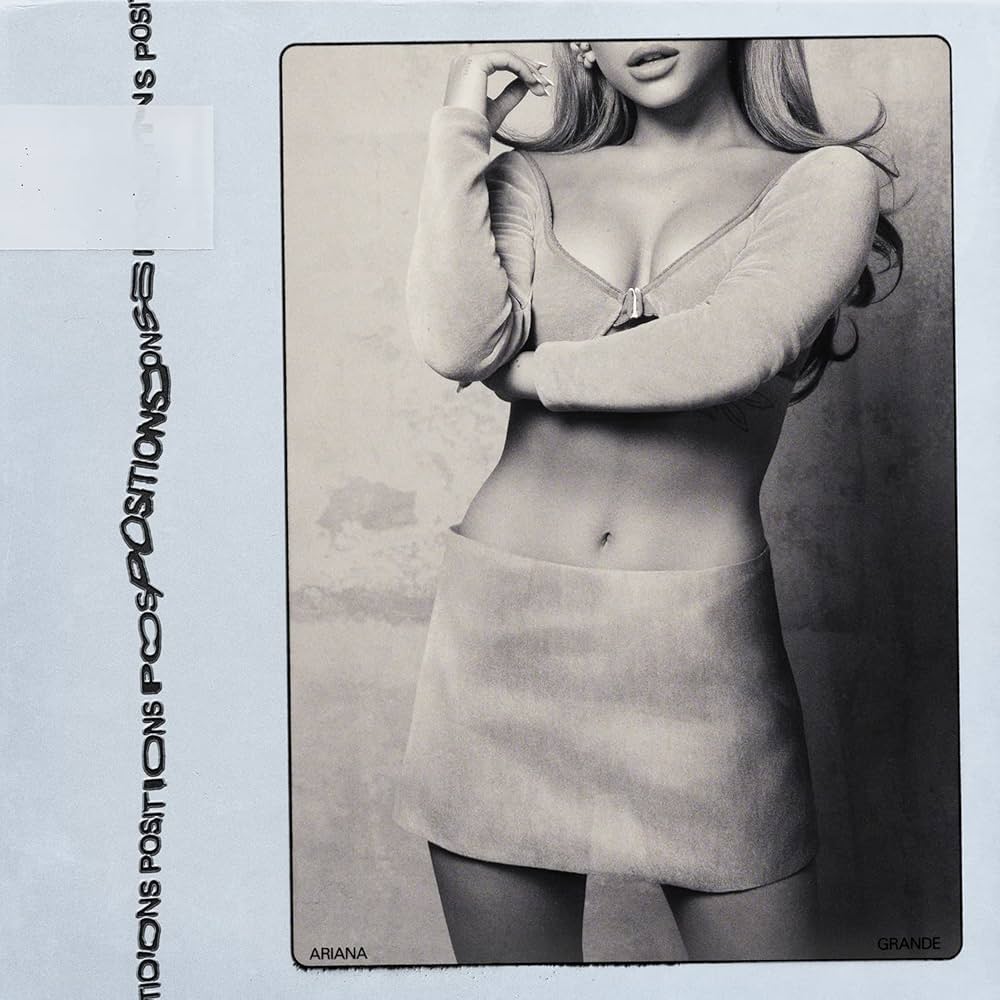"I've seen hate marching down the streets." That was Stevie Wonder, a surprise guest at last night's Concert For Charlottesville, talking to a crowd of tens of thousands of people who really had seen hate marching down their own streets. Wonder was in the middle of a riff about how he'd never been able to see his mother's face but he had been able to see some things. Wonder was using the word see in a metaphorical sense, but plenty of people in that stadium last night had been right there when neo-Nazis and white supremacists made an example out of their town only a few weeks before.
[videoembed size="full_width" alignment="center"][/videoembed]
You know the story by now. Last month, as part of a rally called Unite The Right, a horde of white supremacists descended on the small Southern city where I live. They were ostensibly there to protest the proposed removal of a statue of Robert E. Lee from a park in the middle of town. But really, they were there to flex their collective might, and that's what they did. On 8/11, they marched through the University Of Virginia campus carrying tiki torches and chanting "Jews will not replace us" and beating the small group of student counter-protesters who had shown up to oppose them. The next morning, they descended en masse upon the center of town, shooting off guns and pepper spray, randomly beating counter-protesters, terrorizing the place. Cops stood by and did nothing. And when they were finally told to clear out, one neo-Nazi drove a car into a crowd of counter-protesters, injuring 19 people and killing a 32-year-old paralegal named Heather Heyer. After the attacks, Donald Trump refused to forcefully condemn the white supremacists, alleging that there'd been violence on "many sides" and that there was plenty of blame to spread around. It's been one of the more disgusting moments in recent American history, and my town has been at the center of it.
I wasn't there when the Nazis came to town. I was in my car, driving my family home from a North Carolina vacation. By the time my family pulled up in front of our house, the terrorist attack had already happened, and the whole thing was over. This is a source of great personal shame for me. I should've been there, even if me being there wouldn't have necessarily accomplished anything. I should've cut my vacation a day short. Maybe I would've been hit by that car, or maybe I would've been beaten up, or maybe I would've beaten someone else up. But hundreds of people came out to oppose the fascists, including many of my friends, and I should've been among them. "If you're not outraged, you're not paying attention," Heyer famously wrote on Facebook just before being murdered. Apparently, I wasn't paying attention.
I was there the next day, when rally organizer Jason Kessler attempted to lay the blame at the feet of the inactive police, when his fellow Charlottesville residents chased him out of town. I was there to see riot cops filling up the downtown pedestrian mall, snipers on the rooftops. I was there to see the beginnings of a makeshift memorial for Heyer, the flowers and chalk hearts down on the surface of the street where she'd been murdered the day before. I was there a few days later for Heyer's funeral, where well-wishers filled up the old-timey movie palace downtown and friends talked about how Heyer was allergic to bullshit and how she didn't like to get up early for work. I was there when Heyer's mother Susan Bro, an extremely central-VA woman with a powerful everyday charisma, brought everyone in the theater to their feet by demanding that her daughter's death not be in vain. I was there when hundreds, maybe thousands, of UVA students marched, holding candles, in a reverse of the path the tiki-torch racists had walked, as if to erase what had happened.
https://twitter.com/tombreihan/status/896806240122261504
I still have to explain to people that it wasn't people from Charlottesville who were waving swastika flags in the street. Other than Kessler -- whose public feud with black Charlottesville vice mayor Wes Bellamy has been a big story locally for more than a year -- and maybe a couple of others, the white supremacists came from out of town. They represent a weird neo-fascist jet set, a shitty little cabal of traveling racists who will show up whenever they think they might get away with hitting someone with a stick. The people who they were attacking, though, were the actual people from Charlottesville. Here, everyone is connected, in one way or another, to people who got hurt. Tyler Magill, the UVA worker who suffered a stroke after attempting to protect UVA students during the torchlight march and getting hit with a tiki torch, is a friend of friends, a good dude I've met once or twice. DeAndre Harris, the young man who was severely beaten in a parking garage, steps away from a police station, used to work with my wife at a local high school. And the attacks have forced many of us to think about how much this little liberal-small-town fantasy is a lie. Charlottesville is segregated as hell. It has a terrible history of racial violence. Slaves were auctioned off in front of the courthouses downtown. But the main sense in the past few weeks is that our town has been under attack, that it's been invaded.
They made an example of us, and we know it. It couldn't happen in a big city, and it couldn't happen in a city that wasn't majority-white, since it wouldn't be safe for the Nazis. It had to be somewhere that prides itself on liberalism while still coasting on centuries of white supremacist policy. (Charlottesville is deeply democratic, but it's surrounded by Republican counties. And thanks to hopeless blatant-ass gerrymandering, we still have a Freedom Caucus goon representing us in Congress.) It had to be somewhere vulnerable, somewhere where the general gentility wouldn't permit us to imagine that things would get that bad. We were the perfect targets, and now we get to live with the idea that we let it happen.
We're all walking around in a weird fog now, hearing our town referred to in the news as an event rather than a place, continuing to field concerned phone calls from out-of-town relatives. The flowers at Heyer's memorial all withered, and the police eventually opened the street up again, something nobody is happy about. Nobody knows when the next shit is going to happen. We keep seeing yahoos walking around town with guns on their hips. Because of a court order, the town is powerless to remove the statues of Confederate generals, so they've instead moved to cover them up with big black tarps, calling them shrouds of mourning. And grandstanding rightwing dipshits keep cutting those tarps off the statues. The stupid dance keeps going. Richard Spencer keeps threatening to come back.
And into that mess: Dave Matthews. Before I moved to Charlottesville six years ago, I couldn't stand the guy or his music, benign though they might've been. The one time I saw the Dave Matthews Band, at the 1998 Tibetan Freedom Concert in DC, I had to concede that they were a pretty formidable live act. But all throughout high school and college, they were vaguely enervating background noise, a hacky-sack soundtrack for the kids who wished they'd been around for their parents' rock festivals. In Charlottesville, though, the Dave Matthews Band are something like a civic institution. They give money all over the place; you see their name on plaques. Matthews' manager Coran Capshaw owns Red Light Management, a pretty huge local business, and he controls most of the local music venues and owns a few of the restaurants. People trade stories about Matthews sightings even more eagerly than they do with any of our other local celebrities (Sissy Spacek, John Grisham, Howie Long, the Rock). If you live here, you end up liking him, at least a little bit. Matthews isn't a rabble-rouser, and he's not especially known for his politics. But he cares about Charlottesville, the city that nurtured him and his band, on some deep and genuine level. And that's how we ended up getting a whole pile of big stars playing a show in our college football stadium last night, for free.
The Concert For Charlottesville probably should've been a clusterfuck. People entered a lottery to get free tickets, and people from Charlottesville and the immediate surrounding area were supposed to get preference. But when the tickets went out, I saw plenty of pissed-off Facebook threads from people who didn't get tickets. People wrote that they were the ones out marching in the streets on 8/12, that they deserved the tickets -- as if someone owed them some kind of reward for protesting, as if that's how protesting works. Maybe they wanted Dave Matthews' management to run facial-recognition software on all the photos from the protests; I don't know. But in the end, just about every local who wanted tickets ended up finding ways to finesse their way in. Scott Stadium is big enough to house the entire population of Charlottesville proper, with space left over. It wasn't that hard. And the show ran ridiculously smoothly -- few sound problems, zero no-shows, extremely short breaks between sets. It was a massive undertaking, getting all those people and all those artists into the same place at the same time, after only a few weeks of planning. They pulled it off beautifully.
And it was a hell of a show. The booking trended toward a sort of vast and mushy middle. But it was a good vast and mushy middle. Except for hopelessly overmatched openers Cage The Elephant, I found something to like in every performer. The Roots, mostly serving as the backing band for Alabama Shakes' Brittany Howard and then for Pharrell, were tight and crisp and nasty, even if it was a bit weird to see a Roots show with very little rapping. Howard howled the lights out during her cover of the Temptations' "Ball Of Confusion." Pharrell went full crossover, singing "Get Lucky" and "Blurred Lines" and "Happy," and even his take-the-knee gesture didn't feel like some big protest moment as he was doing it. Coldplay's Chris Martin and Jonny Buckland, there as surprise guests, played a quick and breezy acoustic set that went down smooth. Gravelly roots-country superstar Chris Stapleton did fiery, stunning things with his voice. Ariana Grade only sang four songs, but she was a real spark, and things felt a lot less NPR when she was onstage.
[videoembed size="full_width" alignment="center"][/videoembed]
Justin Timberlake, who hasn't been performing a lot recently, was easily the best thing on the show, an old-school song-and-dance man who knows how to beam his smile all the way to stadium upper-decks. He's not as exciting a performer as he was when he still had a bit of that boy-band scent on him, and sometimes he almost makes a show about not making that much of a show. (His cover choices, Sam Cooke's "A Change Is Gonna Come" and Bill Withers' "Lovely Day," were tasteful but basic, which is something you can say about practically everything he does these days.) But Timberlake is still an absolute machine of charisma, and when he gets away from the puffy gloss of his 20/20 Experience material and into the classic first two solo albums, he's breathtaking to watch. And the way he sells the music, even the new songs bring something. He ended his set with a whole-stadium singalong on "Mirrors," a song I don't even particularly like. I was singing that shit just as loud as anyone else. He got me.
[videoembed size="full_width" alignment="center"][/videoembed]
As for the Dave Matthews Band itself, they were just as effective a unit as I remembered seeing 19 years ago. Compared to their peers in the '90s jam-band universe, they make sure to put on an actual show. They stretch their songs out, but not to the point where they get wanky. They fill out their arrangements with horns and synths and backing vocals. When they get going, they sound big. Matthews doesn't scat as much as you might think. They gave a spotlight to John D'Earth, a longtime local jazz fixture and UVA professor, which was cool. I still got bored after a couple of songs, but they knew what they were doing. And then Stevie Wonder showed up.
[videoembed size="full_width" alignment="center"][/videoembed]
It wasn't a huge surprise. There'd been all sorts of rumors over who might show up unannounced. Wonder and Coldplay were on the list, as were Dave Grohl, Jimmy Fallon, Barack Obama. And Wonder played Charlottesville not that long ago, so it's not like anyone there hadn't had the chance to see him. Still, to see Stevie Wonder suddenly materialize in front of you, to watch him give a slightly rambly but life-affirming speech and then to play three different instruments on a cover of "Imagine," is a beautiful thing. He might be the greatest living musician on the face of the planet, and I teared up slightly just at the sight of him. He stayed out there to do three songs with the Dave Matthews Band (that "Imagine" cover, "Love's In Need Of Love Today," "Superstition"), but his presence felt like a blessing, a gift. The assembled Charlottesville masses who walked out of that show were glowing.
But what did it accomplish? I don't know. Something, I hope. It raised money; the organizers encouraged people who got free tickets to donate to a fund that's giving money to victims and to social-justice organizations. But the larger point, I think, was to bring the town together, to throw a party for everyone so that we could feel more like one community. That, I think, is why Matthews packed the bill with big and widely beloved names when he could've just filled the stadium by himself or brought in a bunch of old jam-band peers like the String Cheese Incident or Karl Denson's Tiny Universe or whatever. Maybe the idea was that everyone in Charlottesville could find something to like on that bill. Most of the performers come from, generally speaking, the Southeast: Pharrell from Virginia Beach, Stapleton and Cage The Elephant from Kentucky, Howard from Alabama, Grande from Florida, Timberlake from Tennessee. Maybe there was a subtle political message in there, too: Trump won all those states except Virginia, but here are all these big-name artists standing against the thing that Trump seems to, at the very least, tacitly tolerate.
At the beginning of the show, Matthews walked onstage with an acoustic guitar and said, "Everybody says, 'Oh, Charlottesville! That's the place where those Nazis came to town with their machine guns out, talking about hate.' And I say, 'No! Charlottesville's the place that took me in. It's the place where I met my band. Charlottesville is a place full of hope.' And Charlottesville has a difficult history, but so does so much of the world. But this place is such a good place." They he introduced Susan Bro, Heather Heyer's mother, who reminded the crowd that Heyer would've been at the show, like so much of the rest of the town, if she hadn't been murdered. Bro reminded the crowd to be outraged. But were people there outraged? I don't know.
Nobody sounded outraged onstage last night. Beyond Matthews in that opening, nobody mentioned Nazis. Beyond Matthews in that opening, nobody talked about Charlottesville's "difficult history." Beyond Timberlake ending one song by saying, "Love trumps hate," nobody mentioned Donald Trump. My friend Jack Hamilton pointed out that, given the size of the crowd and the makeup of the surrounding counties, there were probably more than a few Trump voters in the crowd last night. Nobody said much that might've made them feel uncomfortable. Making people uncomfortable wasn't the point. Instead, the artists onstage talked about love. They talked about unity. They talked about making history. This, the message seemed to be, was how things should be.
Maybe Matthews tried to get some more explicitly political artists in the mix. Maybe he had calls in to Kendrick Lamar or Chance The Rapper. Maybe he tried to get D'Angelo to make the 75-minute drive from Richmond. (Any of those artists would've probably also helped change the demographics of the crowd, which was heavily if not overwhelmingly white. Regardless of intent, there's something uncomfortable about a concert that exists to combat racism where most of the crowd is one color.) Another thought: Maybe Matthews wasn't trying to channel anger at all. Maybe he was trying to give a big, sloppy hug to a town that really needed one -- to offset some of that weird dread we've all been feeling for the past month and a half. In that, he succeeded. We all got to see a great show, and we all walked out into that mass of humanity a little happier. But even something herculean like that, gathering all these tens of thousands of people and all these huge stars with just a few weeks' notice, isn't going to change what happened. We're still living in a town that got invaded by Nazis. And there's nothing you or I or Dave Matthews can do to change that.
